Team:BYU Provo/Notebook/Cholera - Detection/Summerexp
From 2013.igem.org
| (One intermediate revision not shown) | |||
| Line 12: | Line 12: | ||
|- valign="top" | |- valign="top" | ||
| - | | style="width: | + | | style="width: 25%; background-color: transparent;"| |
<font color="#333399" size="3" font face="Calibri"> | <font color="#333399" size="3" font face="Calibri"> | ||
| Line 120: | Line 120: | ||
| style="width: 18%; background-color: transparent;"| | | style="width: 18%; background-color: transparent;"| | ||
| - | | <font size="5" font face="Calibri"> ''' | + | | <font size="5" font face="Calibri"> '''August 19 - August 31''' </font> |
<br> | <br> | ||
Latest revision as of 03:26, 23 September 2013
| |||
|
|
July 1 - July 14
We added Cro to our construct with the hope that overproduction of Cro will lead to the lysis of lambda.
| 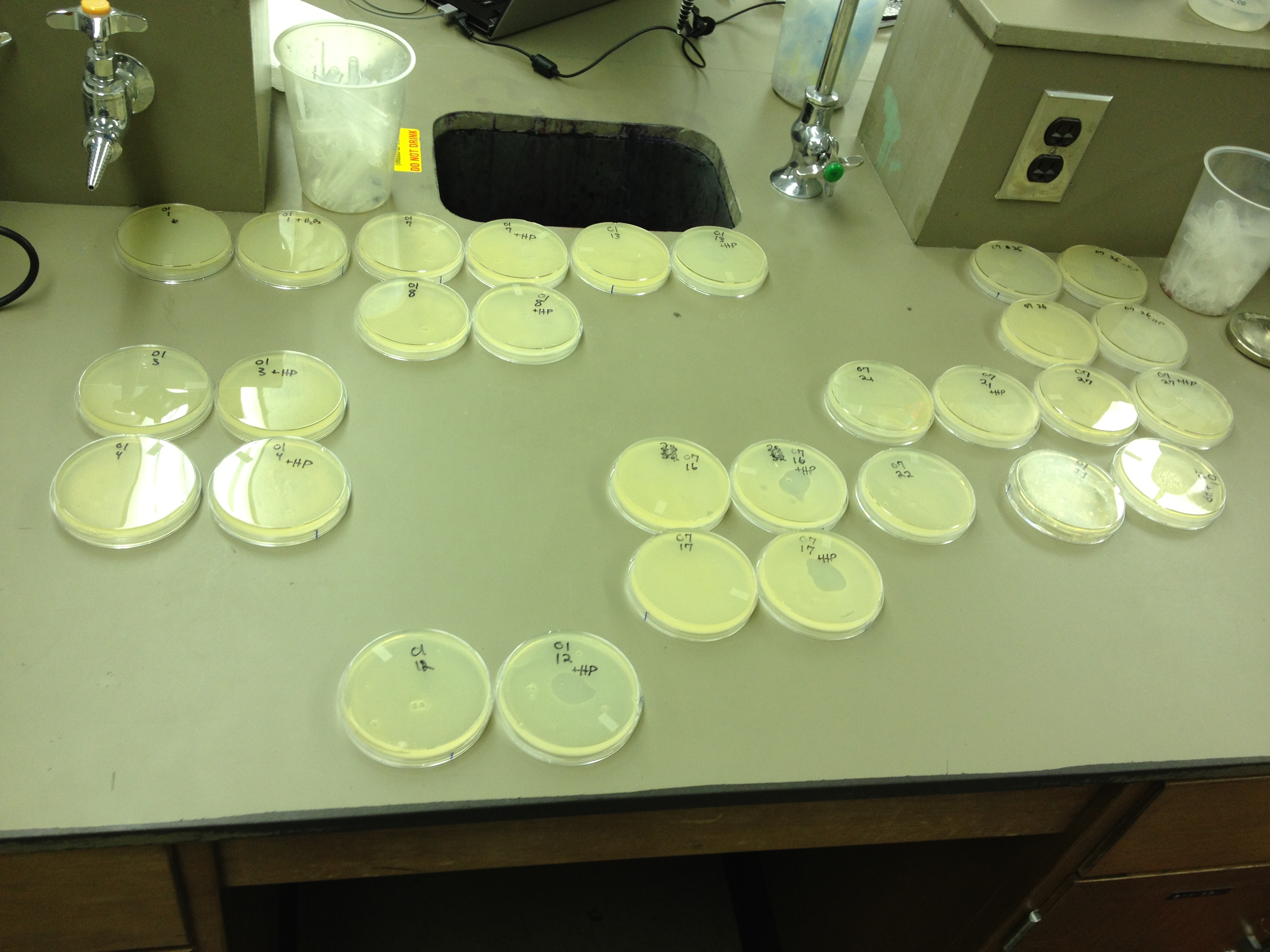
| |
| July 15 - July 28
Add description!
| 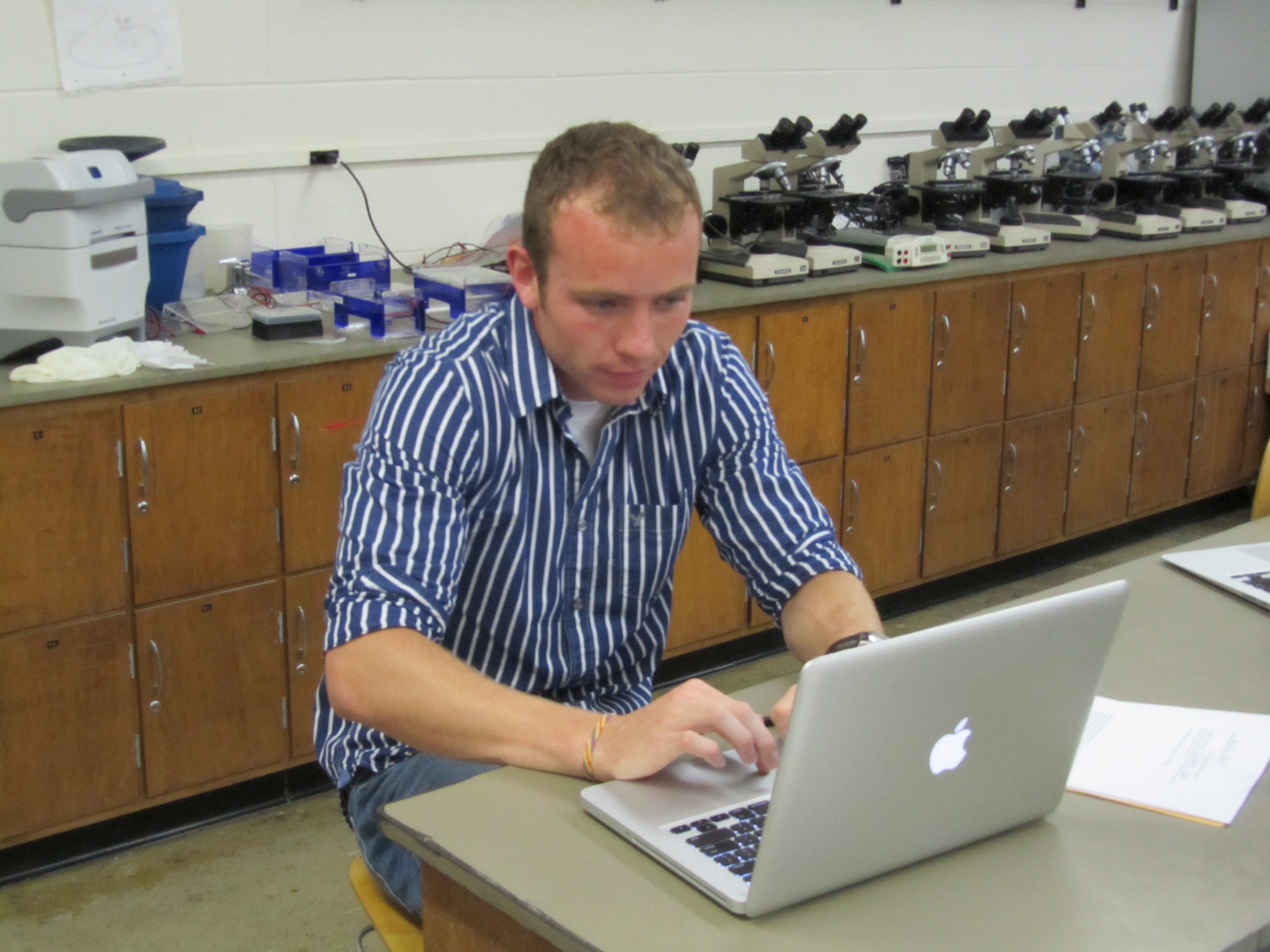
|
| |
| July 29 - August 4
We have been having difficulties with lambda consistently going lytic. To correct this, we have plated 32 colonies from our original lambda containing strains to select for colonies that consistently go lytic when we provide stress. We found 3 strains that go lytic when we add H2O2. We will use those strains for our future tests.
| 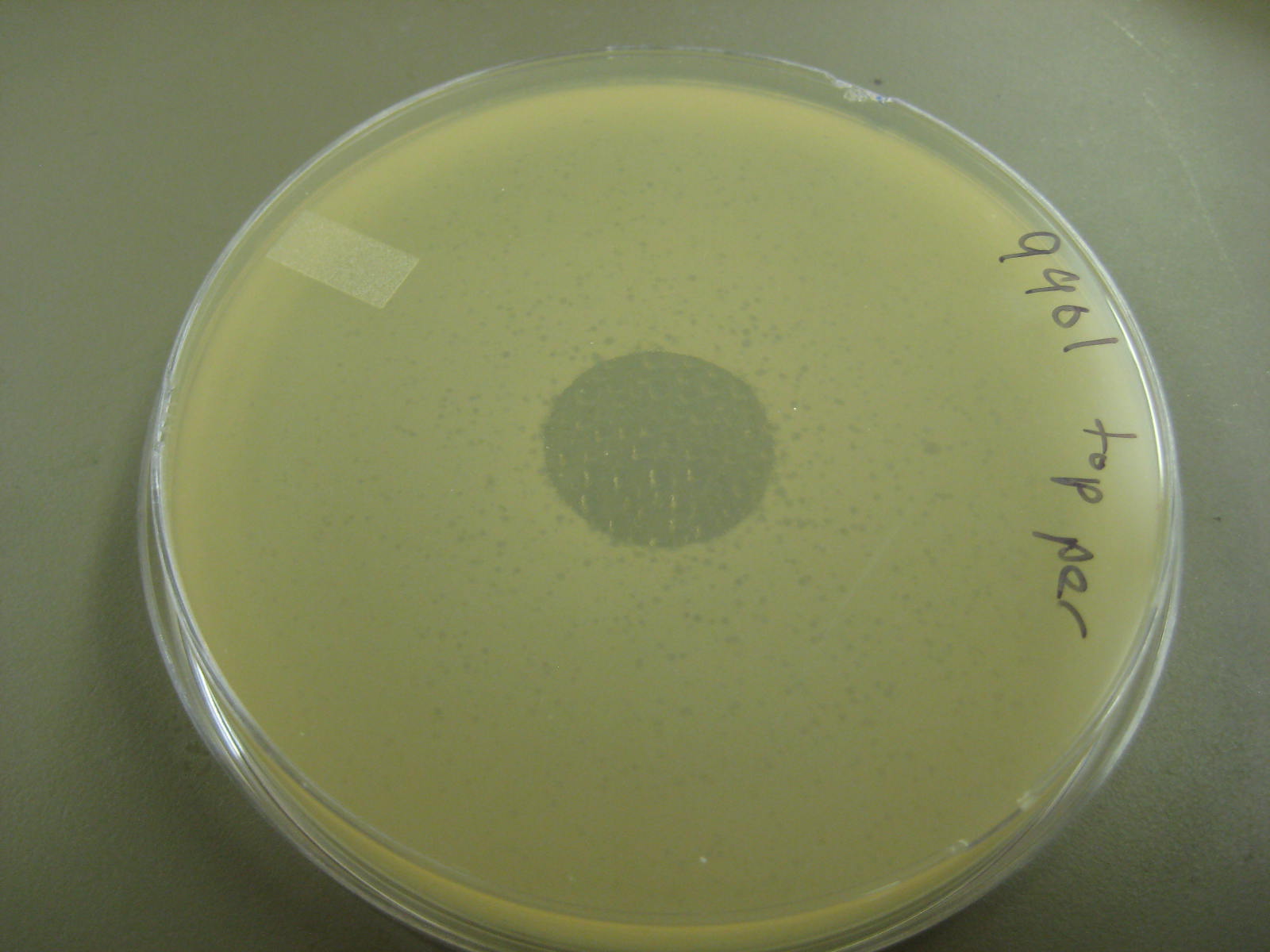
| ||
| August 5 - August 18
This week was spent trying to determine if lambda is stressed enough during electroporation to go lytic. If that is the case, it would explain why we never see plaques after doing an electroporation.
| 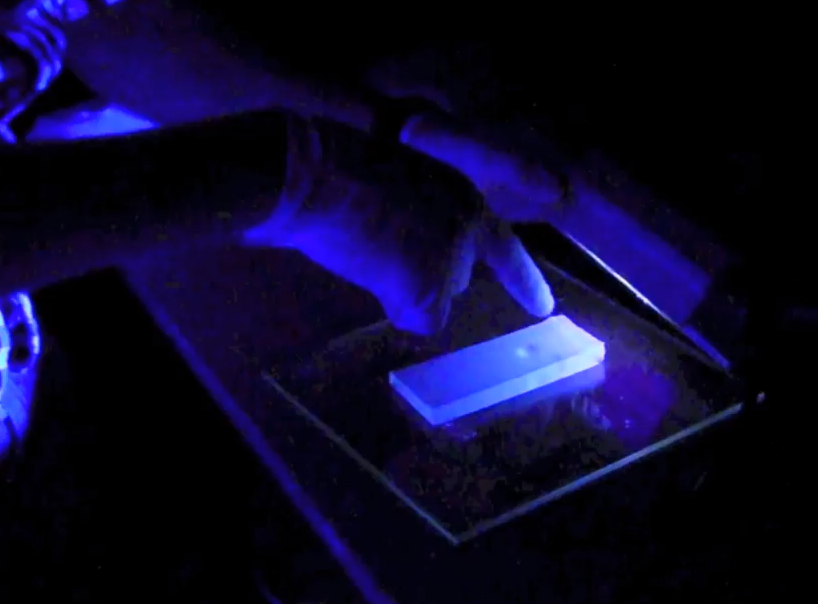
| ||
| August 19 - August 31
We made a great discovery! If we plate TT9907 next to cholera, lysis by bacteriophage lambda is induced! This revelation ignited a new plan for the cholera detection team. To our knowledge it has never been shown that Cholera triggers the lytic phase of bacteriophage lambda, but upon researching we did learn that quorum sensing molecules (AHLs) from many types of bacteria are sensed by E.Coli's SdiA receptor protein. An unknown pathway from SdiA excites lambda into lysis. We hypothesize that SdiA detects the AHL emitted by Vibrio cholerae, and induction of lambda is a downstream result of SdiA stimulation. Our goal is to demonstrate this, and to mutate SdiA such that it becomes specific only to Cholera's AHL.
| 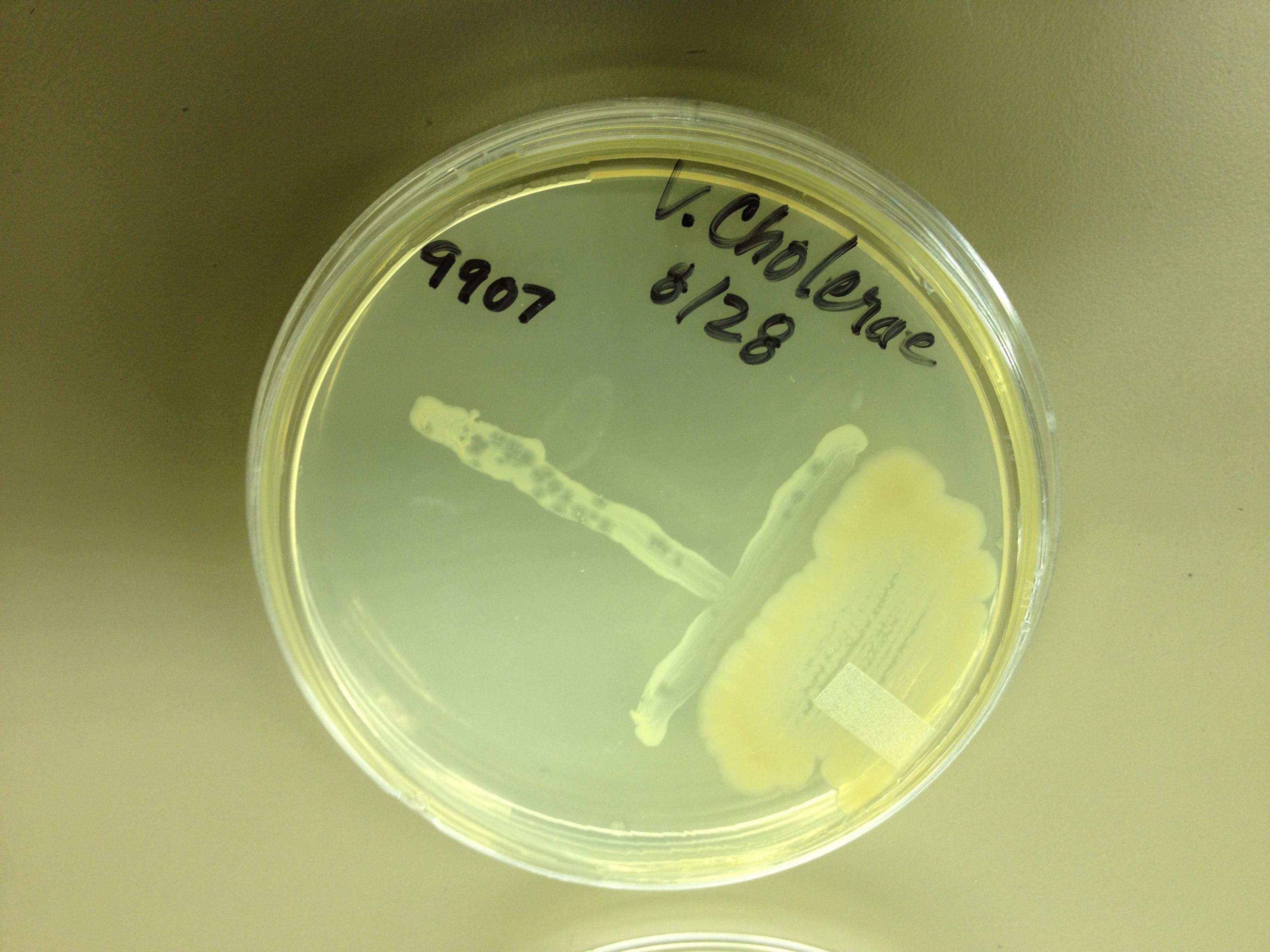
| ||
 "
"